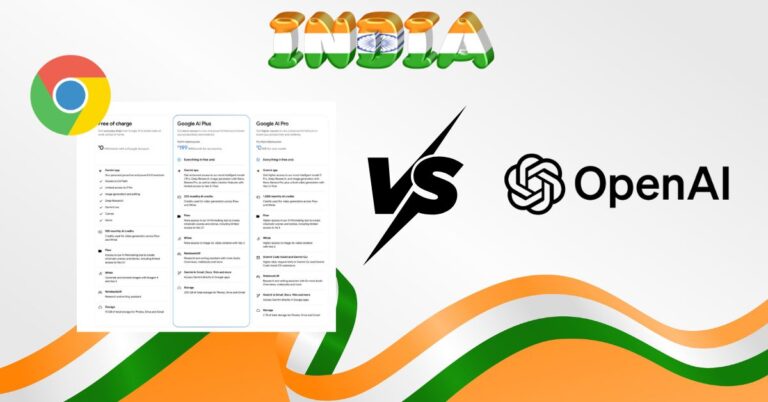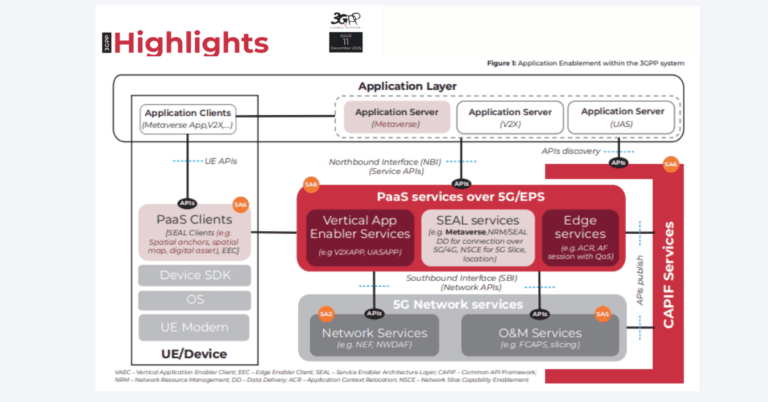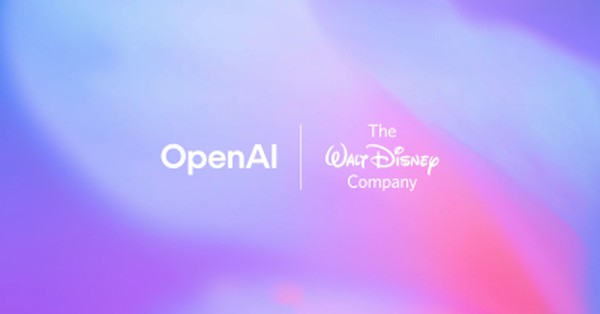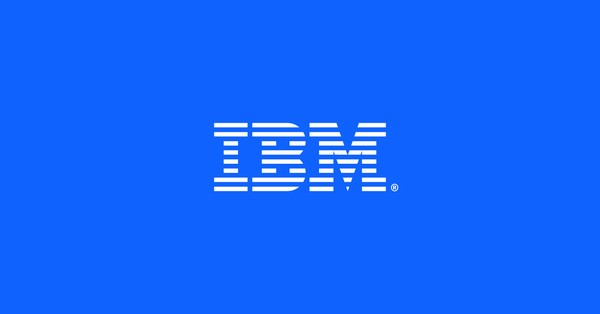Introduction to BT Group’s Generative AI Strategy
BT Group has embraced Generative AI to streamline operations, enhance product development, and improve customer service. By deploying advanced AI tools like Amazon CodeWhisperer and Microsoft Power Platform, BT is setting new standards in the telecommunications industry. This section explores how BT Group utilizes Generative AI to drive innovation, efficiency, and superior customer experiences.
Amazon CodeWhisperer: Enhancing Software Development
BT Group’s Digital Unit has implemented Amazon CodeWhisperer, an AI-powered coding companion developed by Amazon Web Services (AWS), to assist its software engineers. This tool provides real-time code suggestions, from snippets to full functions, in multiple integrated development environments (IDEs), based on natural-language comments and existing code across 15 coding languages. Key Features and Benefits include:
Increased Efficiency:
- Automation of Repetitive Tasks: Amazon CodeWhisperer generated over 100,000 lines of code in its first four months, automating around 12% of tedious and repetitive tasks typically handled by software engineers. This allows engineers to focus on more strategic goals and innovative projects.
- Productivity Boost: Each software engineer receives 15-20 code suggestions daily, with an acceptance rate of 37%, significantly boosting productivity by reducing time spent on mundane coding tasks.
Enhanced Code Quality and Security:
- Responsible Coding: Amazon CodeWhisperer helps developers write responsible and secure code by filtering out biased or unfair suggestions and flagging code that resembles open-source training data.
- Vulnerability Detection: It can detect vulnerabilities and propose remediation code, ensuring high-quality and secure software development, which is crucial for maintaining robust and secure applications.
Comprehensive Guardrails and Training:
- Transparency and Accountability: BT Group has implemented robust guardrails to ensure transparency, accountability, intellectual property compliance, and data privacy, aligning with BT’s responsible tech principles.
- Employee Training: The rollout includes custom training pathways on BT’s Digital Campus learning platform and onboarding sessions to help engineers adapt to the new tool while adhering to safeguarding policies. This ensures a smooth transition and effective use of the new technology.
Microsoft Power Platform: Developing AI-Powered Digital Assistants
BT Group is also piloting a digital assistant named Aimee, which was developed using Microsoft Power Platform. This AI-powered assistant aims to improve the service experience for EE customers by handling a variety of queries. Key Features and Benefits include:
Customer Query Handling:
- Versatile Query Management: Aimee can answer common questions about the weather, billing status, and changing add-ons and subscriptions. This reduces the workload on human agents and improves response times for customers.
- Customization and Flexibility: The integration of Microsoft Power Virtual Agents allows for customization and fine-tuning, ensuring that Aimee can handle a wide range of customer interactions effectively.
Enhanced Customer Experience:
- Flexible Engagement Options: By combining human interaction with AI capabilities, Aimee allows customers to choose their preferred mode of engagement, enhancing customer satisfaction and personalizing the service experience.
- Improved Response Time: The AI assistant’s ability to handle multiple queries simultaneously ensures that customers receive quick and efficient service, reducing wait times and enhancing overall satisfaction.
Accelerating AI Use Cases with Google Cloud and Datatonic
BT Group has partnered with Google Cloud and Datatonic to develop the AI Accelerator, a machine-learning operations platform designed to shorten the implementation time for AI use cases. Key Features and Benefits include:
Rapid Deployment:
- Accelerated Implementation: The AI Accelerator aims to reduce the deployment time for AI use cases from six months to six days, though the current time has been dramatically reduced to around 14 days. This fast-tracks the deployment of AI solutions, allowing BT to respond quickly to business needs.
- Streamlined Processes: This platform provides templates for administrative and technical processes required to launch AI use cases, such as compliance and testing, saving time and ensuring efficiency
Operational Excellence:
- Performance Monitoring: The AI Accelerator monitors the performance of AI models, ensuring they function optimally and deliver the expected results. This continuous monitoring helps in maintaining the quality and effectiveness of AI solutions.
- Focus on Core Competencies: By handling administrative and technical processes, the AI Accelerator allows data scientists to focus on deriving insights from data rather than managing deployment processes, thus maximizing their productivity.
BT Group Enhances Service Management with ServiceNow, Leveraging Generative AI
BT Group has expanded its strategic relationship with ServiceNow to enhance customer and employee experiences through improved service management. The multi-year agreement will extend ServiceNow’s capabilities across all BT Group units, aiming to drive efficiency, cost savings, and enhanced customer satisfaction. Central to this initiative is the deployment of ServiceNow Service Bridge and the pilot of ServiceNow’s Now Assist for Telecom Service Management (TSM), which leverages generative AI to streamline operations.
The integration of ServiceNow’s platform has allowed BT Group to consolidate legacy service management systems, unifying their processes onto a single platform. ServiceNow Service Bridge will enable seamless automation and connectivity between BT Group and its enterprise customers, simplifying tasks like order management and support through a cohesive digital workflow.
A notable aspect of this collaboration is the pilot of Now Assist for TSM, which aims to enhance the productivity of BT Group’s agents by utilizing generative AI to expedite case summarization and review processes, cutting these times by 55%. This improvement is projected to significantly reduce the mean time to resolve issues by a third, enhancing overall service efficiency.
Hena Jalil, Managing Director, Business CIO at BT Group, emphasized the importance of a platform-first approach powered by AI to revolutionize service delivery and customer experience. Paul Smith, Chief Commercial Officer at ServiceNow, highlighted the role of AI in driving business transformation and achieving new productivity levels.
Responsible AI and Data Security
BT Group places a strong emphasis on responsible AI practices and data security. Comprehensive guardrails ensure transparency, accountability, intellectual property compliance, and data privacy. This commitment to safety and ethics is a cornerstone of BT’s ‘connect for good’ purpose. Key Features and Benefits include:
Robust Guardrails:
- Ensuring Safety and Compliance: BT Group has implemented comprehensive guardrails to ensure that AI applications are developed and deployed in a safe, ethical, and compliant manner. This includes measures to protect intellectual property and customer data.
- Maintaining Transparency: Transparency in AI operations is maintained through clear guidelines and monitoring, ensuring that all stakeholders are aware of how AI tools are used and managed.
Data Privacy and Security:
- Protecting Customer Data: Strong data privacy measures are in place to protect customer data from breaches and misuse. This is crucial for maintaining customer trust and complying with regulatory requirements.
- Ethical AI Practices: BT Group’s commitment to ethical AI practices ensures that AI tools are used responsibly, avoiding biases and ensuring fairness in AI-driven decisions and processes.
Optimizing Procurement Processes with AI-Powered Solutions
BT Group has partnered with Globality to utilize AI in its procurement processes, achieving significant cost savings and operational efficiencies. This collaboration highlights BT’s strategic approach to integrating AI across various business functions. Key Features and Benefits include:
Cost Savings:
- Optimized Procurement: BT’s partnership with Globality has led to substantial cost reductions in procurement by automating and optimizing supplier selection and contract management processes. This enhances efficiency and reduces operational costs.
- Data-Driven Decisions: AI-driven procurement processes leverage data analytics to make informed decisions, ensuring the selection of the best suppliers and negotiating favorable terms.
Enhanced Efficiency:
- Streamlined Operations: AI automates routine procurement tasks, freeing up resources for strategic activities. This allows BT to focus on value-added tasks, such as strategic sourcing and supplier relationship management.
- Improved Supplier Management: AI tools help in managing supplier performance and compliance, ensuring that BT works with reliable and high-quality suppliers. This improves overall procurement efficiency and effectiveness.
Leveraging AI for Personalized Customer Interactions and Driving Operational Efficiency
BT Group also leverages AI to enhance customer experiences through personalized services and improved operational efficiencies. Key Features and Benefits include:
Personalized Customer Interactions:
- Tailored Services: AI tools help BT deliver highly personalized experiences to customers by analyzing data and predicting customer needs. This leads to better service and increased customer satisfaction.
- Proactive Engagement: AI-driven insights enable BT to engage with customers proactively, offering personalized recommendations and solutions that enhance the customer experience.
Improved Operational Efficiency:
- Optimized Processes: AI is used to optimize various operational processes, from network management to customer service, ensuring that BT can deliver high-quality services efficiently and effectively.
- Enhanced Decision-Making: Data-driven insights provided by AI tools support better decision-making, allowing BT to respond quickly to market changes and customer needs.
Conclusion: BT’s Commitment to Innovation and Ethics
BT Group’s integration of Generative AI into its operations represents a significant advancement in the telecommunications industry. By deploying AI tools like Amazon CodeWhisperer, developing digital assistants like Aimee, and leveraging partnerships with Globality and Google Cloud, BT is enhancing product development, improving customer service, and driving operational efficiency. These AI initiatives align with BT’s commitment to innovation, safety, and ethics, positioning the company as a leader in leveraging AI to deliver exceptional value to customers and stakeholders.







































